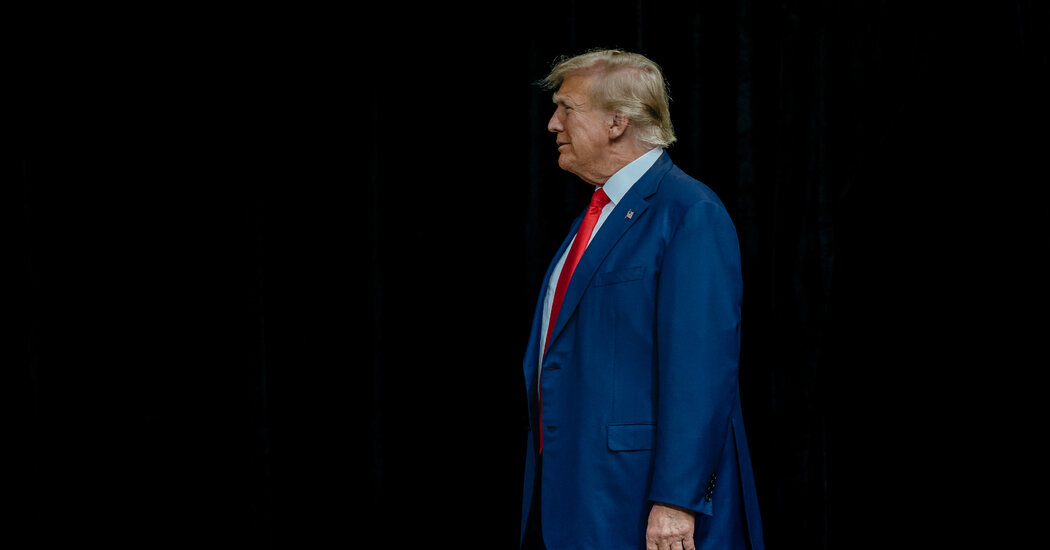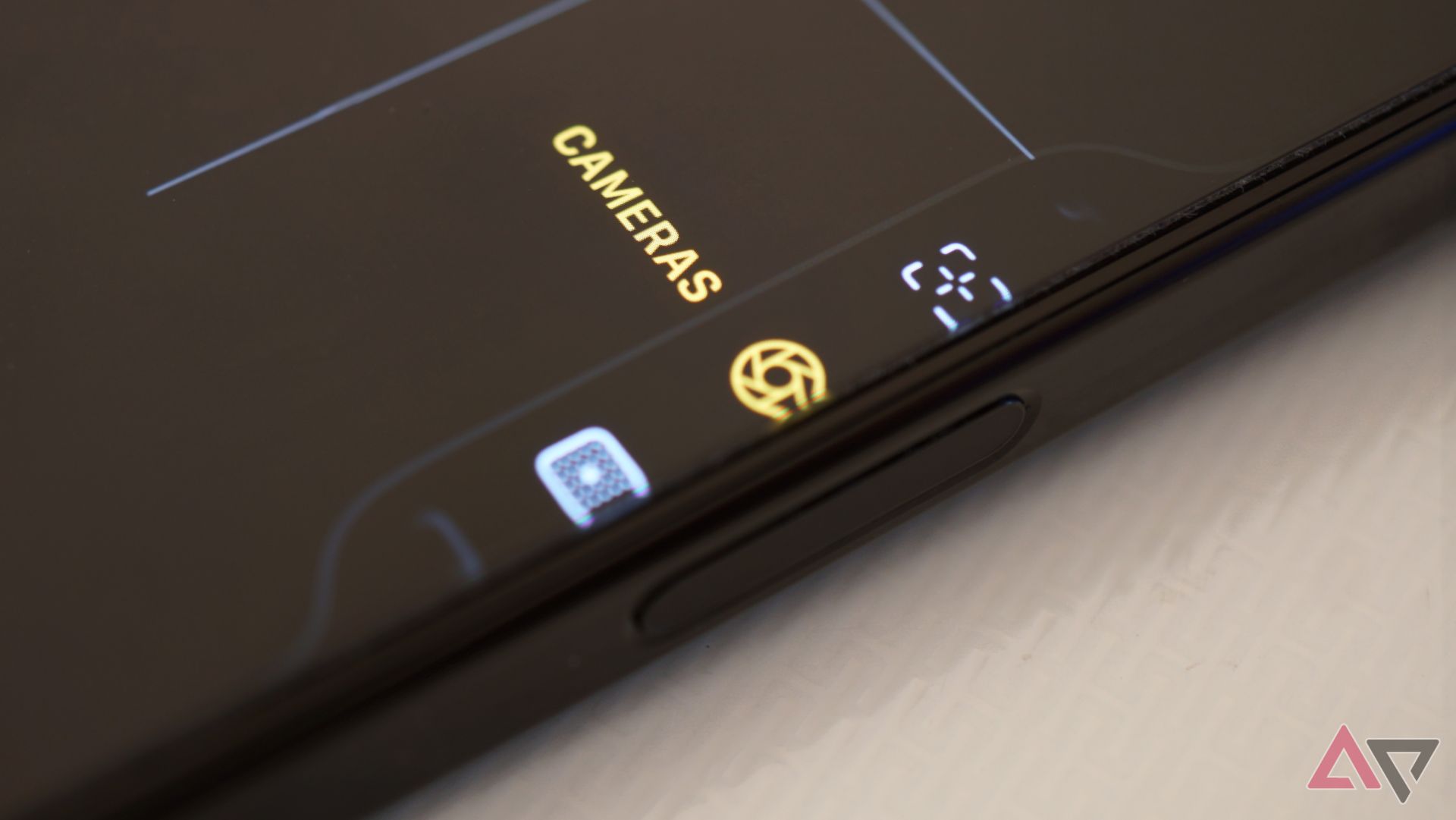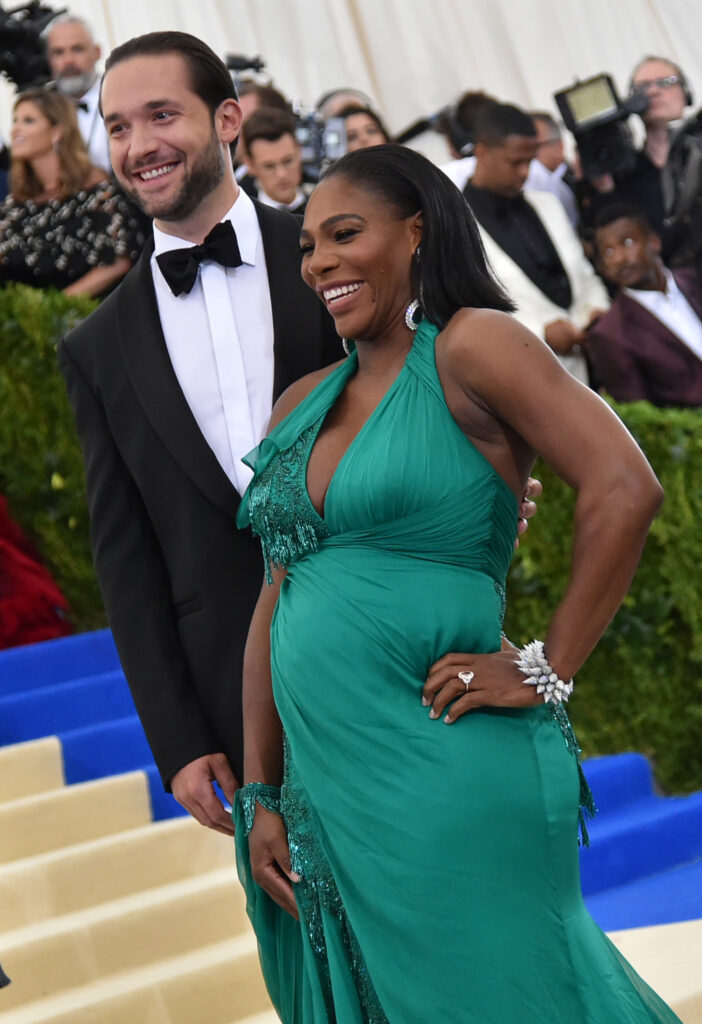For several weeks, there has been a dispute between former President Donald J. Trump’s lawyers and federal prosecutors regarding whether he should be allowed to discuss classified documents with his legal team in a secure facility. The question arose because Mr. Trump is accused of mishandling these documents, which were seized by the FBI last summer from Mar-a-Lago. On Wednesday, Judge Aileen M. Cannon, presiding over the case, issued a ruling that required Mr. Trump to use a secure facility to review the sensitive records but did not specify the exact location.
The disagreement began when Mr. Trump’s attorneys asked Judge Cannon to permit him to re-establish a sensitive compartmented information facility (SCIF) at or near Mar-a-Lago, his private club and residence in Florida. They argued that this would eliminate the logistical challenges and expenses of having him travel to a SCIF in Miami or a nearby city. The property is already protected by the Secret Service. However, prosecutors objected, claiming that it would grant Mr. Trump special treatment and that no other criminal defendant had been allowed such access in a private residence.
In her order, Judge Cannon granted the government’s motion for a protective order over the classified materials, indicating her agreement with the prosecutors’ arguments. However, the issue of where to house the SCIF was left unresolved. The judge stated that a court-appointed security officer would ensure that a secure facility, equipped with necessary office equipment, would be accessible to Mr. Trump and his legal team during business hours and other reasonable times.
Protective orders are commonly issued in criminal cases involving classified documents to prevent premature disclosure of sensitive evidence and to safeguard the fair use of information during the legal proceedings.
However, Judge Cannon’s order also addressed the issue of accommodations for a former president in accessing and discussing classified documents that he is accused of unlawfully retaining. Prosecutors initially sought to restrict Mr. Trump’s access to some of the classified discovery evidence, which sparked outrage from his legal team. Although the government has since backtracked on this proposal, one of Mr. Trump’s lawyers criticized the initial suggestion, emphasizing that as the 45th president of the United States, he had access to highly sensitive information.
The indictment in the classified materials case accuses Mr. Trump of violating the Espionage Act by unlawfully retaining 32 documents. It also charges him with conspiring with two co-defendants to hinder the government’s attempts to recover the sensitive materials.



/cdn.vox-cdn.com/uploads/chorus_asset/file/23951553/VRG_Illo_STK175_L_Normand_DonaldTrump_Negative.jpg)









